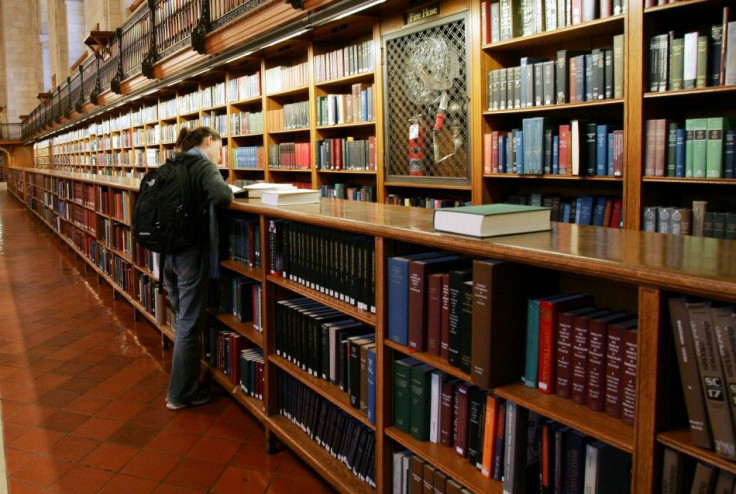Banned Books: 10 Controversial Works Worth Reading

In honor of Banned Book Week, here are ten controversial works worth reading, and why they rubbed people the wrong way.
Peyton Place by Grace Metalious (1956)
This novel featured incest, rape, sexuality, and other topics in a small New England town during the 1930s and 1940s.
Are You There God? It's Me, Margaret by Judy Blume (1970)
The depiction of puberty in Blume's book was especially criticized. The book also deals with a young girl's questions about religion.
Ulysses by James Joyce (book format published in 1922)
This novel was labeled as pornography and banned in the U.S. and the U.K. Today, it is considered one of the greatest literary works of the 20th century.
To Kill a Mockingbird by Harper Lee (1960)
Lee's novel delves into racism, racial injustice, sex, and rape. Today, it is an American classic and required reading in schools all over the U.S.
The Satanic Verses by Salman Rushdie (1988)
The response to this book was so bad that Rushdie had to be put under police protection. The book is considered by some Muslims to be anti-Islamic.
The Chocolate War by Robert Cormier (1974)
This novel, about a young man who goes against the flow at his school, has caused controversy in part due to its sexual content, particularly masturbation.
Lolita by Vladimir Nabokov (1955)
Nabokov's novel is about a pedophile who manipulates an adolescent girl. The book has known criticism, but it is also considered one of the greatest works of the 20th century.
The Well of Loneliness by Radclyffe Hall (1928)
Hall's novel met with criticism due in part to its lesbian content.
Catcher in the Rye by J.D. Salinger (1951)
This novel about a young man who gets kicked out of prep school has been met with various reactions. It is widely read in U.S. schools.
The Color Purple by Alice Walker (1982)
Walker's novel about a black woman living in the rural South during the 1930s who was raped and abused has garnered criticism and critical acclaim. The novel was awarded a Pulitzer Prize in 1983.
© Copyright IBTimes 2025. All rights reserved.





















